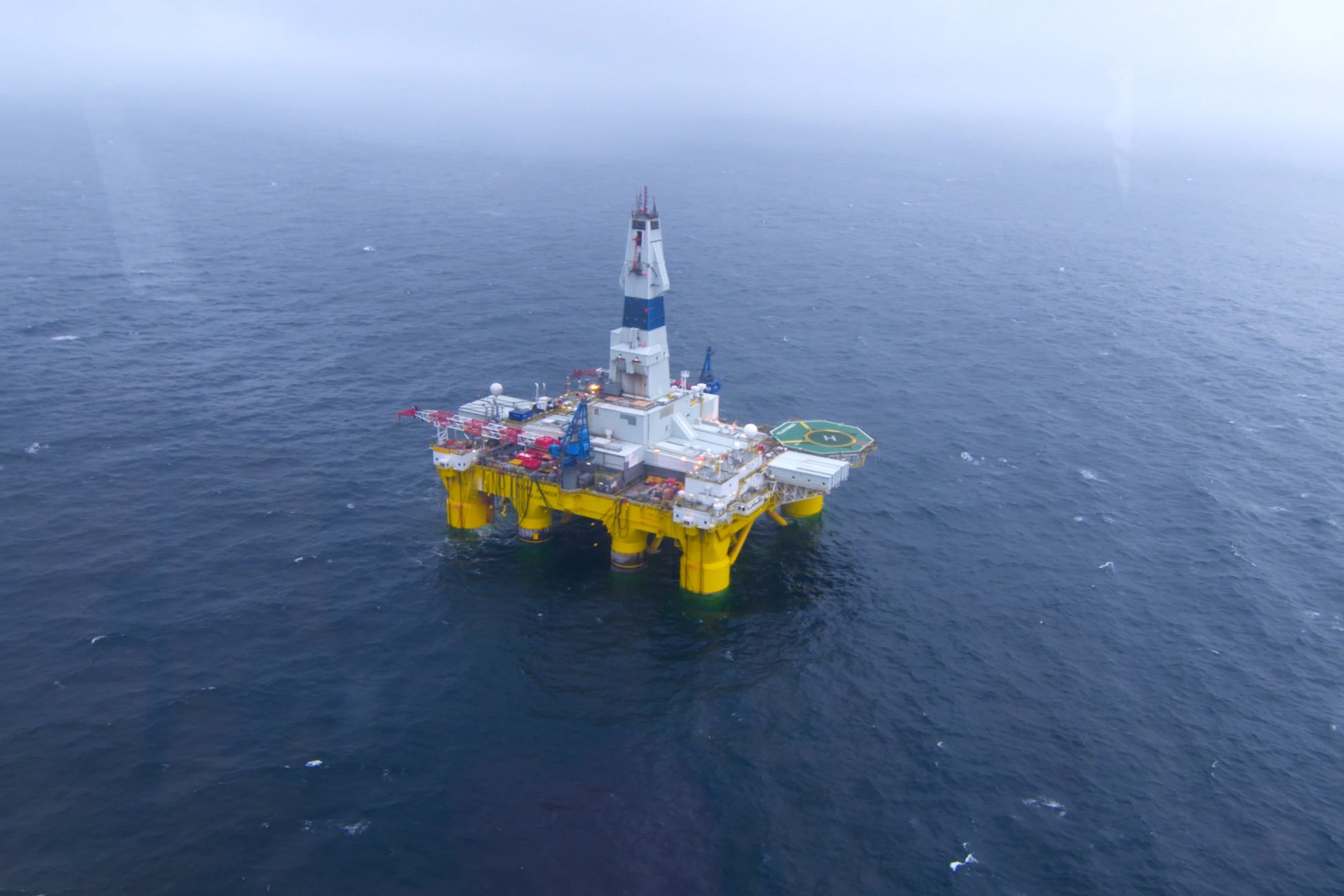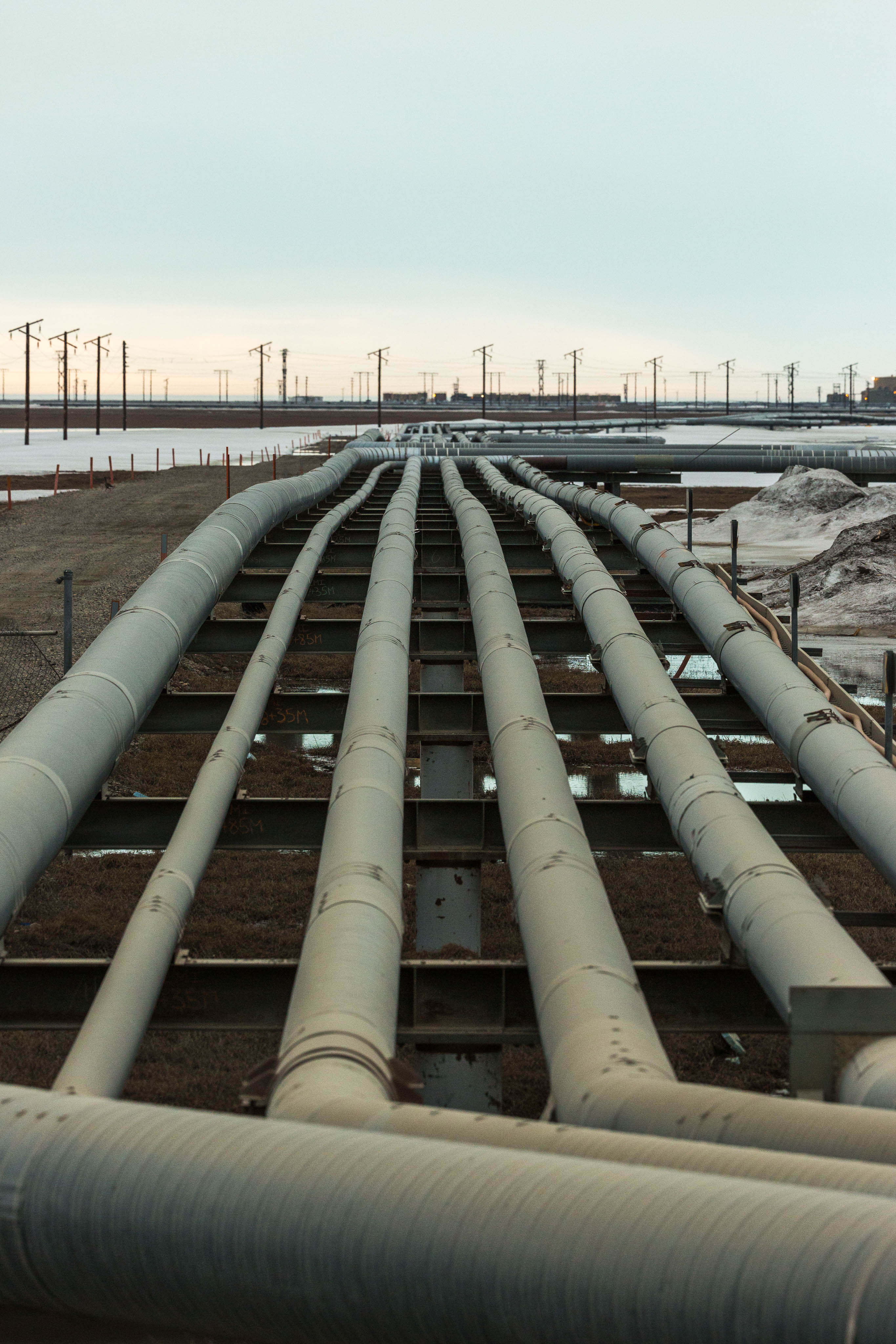Trump to call for US ‘dominance’ in global energy production

WASHINGTON — President Donald Trump will promote surging U.S. exports of oil and natural gas during a week of events to highlight the country’s growing energy dominance.
Trump also plans to emphasize that after decades of relying on foreign energy supplies, the U.S. is on the brink of becoming a net exporter of oil, gas, coal and other energy resources.
As with previous White House policy-themed weeks, such as a recent one focusing on infrastructure, the effort is designed to draw attention to Trump’s domestic priorities and away from more politically treacherous matters such as multiple investigations into Russian interference in the 2016 election.
Trump is returning to familiar territory — and to the coal, oil, and gas industries on which he’s already lavished attention. Trump’s first major policy speech in his campaign last year, delivered in the oil drilling hotbed of North Dakota in 2016, focused on his plan to unleash domestic energy production. The issue has also been a major focus of Trump’s first five months in office, as he set in motion the reversal of a variety of Obama administration policies that discourage the production and consumption of fossil fuels.
Plans for the week were described by senior White House officials speaking on the condition of anonymity.

Trump is to deliver a speech at the Energy Department Thursday focused almost entirely on energy exports — describing how the foreign sale of U.S. natural gas, oil and coal helps strengthen the country’s influence globally, bolster international alliances, and help stabilize global markets. Energy Secretary Rick Perry may touch on similar themes when he speaks Tuesday with analysts and executives at the U.S. Energy Information Administration conference in Washington.
“The fact that we’re no longer in the age of energy scarcity — that we’re in the age of energy abundance — positions the United States in a totally different place,” said Dave Banks, a special assistant to the president for international energy. “This gives access to affordable, reliable energy in the United States, and gives the U.S. a major competitive advantage.”
With U.S. oil production booming, President Barack Obama signed a law lifting a decades-old ban on most crude exports in December 2015. Since then, the U.S. has exported more than 157 million barrels of crude to countries other than Canada, which had been exempt from the export ban.
The federal government has also authorized 21 billion cubic feet a day of natural gas to be liquefied and sent to countries that don’t have free trade agreements with the U.S. Since starting up last year, Cheniere Energy’s Sabine Pass terminal in Louisiana — the first major facility sending shale gas overseas — has sent liquefied natural gas to such destinations as Mexico, China and Turkey.
Trump plans to talk about opportunities for growth, including in sales of coal to Europe and Asia. A recent increase in the production of metallurgical coal used in steel manufacturing has helped East Coast terminals ship more of the resource overseas.
The president is also expected to describe openings for other energy exports, including U.S. technology that harnesses power from the wind and sun, and a new generation of advanced and modular nuclear reactors. Some nuclear power advocates have argued that the U.S. government process of licensing advanced reactor designs is so lengthy that it discourages investment.
The Trump administration has begun reversing regulations and policies that have limited energy development or made it more expensive, such as by ending a moratorium on new coal leases on federal land, and overturning a rule governing coal mining pollution in streams.
The president has ordered agencies to remove regulatory barriers to producing domestic energy resources. The Interior Department has begun repeals or revisions of mandates governing hydraulic fracturing and discouraging methane leaks from oil wells. A White House office is also vetting a proposal to repeal the Clean Power Plan, the Obama administration rule forcing states to cut greenhouse gas emissions from electricity production.
And the Trump administration is considering more auctions of oil and gas leases in the Arctic and Atlantic oceans.